What do a Construction Company and a Fine Arts Dealer Have in Common?
What do a Construction Machinery Importer and a Fine Arts company have in common??
It might sound like the start to a great joke (I’ll crowdsource punchlines from readers of this blog) but in truth the answer is simpler than you might think…
Within the foreign exchange world there’s often a lot of Jargon, which can make it seem like a more complicated process than it needs to be. But, In truth, Foreign Exchange, FOREX, FX and Currency Exchange are all one and the same, and when we get down to it, they are the process of an entity moving funds from one currency to another and protecting profit margins while doing it.
So, when I say that a Construction Machinery Importer and a high-value Music Instrument dealer have a lot in Common, it’s because in essence, they use international currency payments at the core of their business.
Lets get down to business, and look at a couple case studies….
Case study A: Construction Machinery Ltd.
They operate as an importer and purchaser of Construction machinery from outside of Canada, they then bring said machinery into Canada and sell to construction companies who use them for the rapid building and expansions of Canada’s major cities.
Dunbridge are a key partner in this process in a number of areas. Namely, we assist in the timely payment to their international suppliers and we get them the best rate on the Currency for those payments, so that they have the most amount of profit and least amount of volatility in their costs. In addition, they protect and hedge their exposure to market fluctuation by locking in EURCAD rates when its favorable - Making it much easier to budget annual revenue.
Case Study B: Fine Arts INC.
They operate as a north American buyer and seller of High Value Musical instruments. They either buy those instruments from collectors internationally, sell them to collectors, or broker the deals between multiple parties.
The way that Dunbridge assist with this business is remarkably similar to how we help our Construction Machinery client above. We ensure that all payments are made in an extremely timely fashion, which is very important when deals can fall apart as quickly as they can come together. And, we ensure that our client has access to the best exchange rate so that they can maximize profit for themselves and pass on saving to their end clients. In this business, protecting their profit margin is a tight-rope, and if an exchange rate moves against them mid-deal, they could lose all of their profit…. Imagine brokering a $10m deal, with a 2% profit margin (nice), now imagine that USDCAD moves 1.5% against you while you’re signing the deal (ouch). We make sure that risk is mitigated, and profits are protected.
So in summary, on the surface it may look like these companies from polar opposite ends of the corporate spectrum would have little to no overlap, but in practice, they both need the security of a well-appointed and trusted partner to assist in their international business.
With Dunbridge as their partner, they benefit from faster payments, lower costs than the traditional routes of currency exchange and a comprehensive product that protects them against market movements that could eat into profit margins.
The one thing that always enticed me about working within currency and where I found my appetite for variety very much fulfilled, was the ability to work with any company or industry that you were interested in. I have also been consistently pleasantly surprised by how much I have been able to learn from my clients and the wider clients of Dunbridge.
Business is complicated, but some areas of business don’t have to be and we believe that all business’ who operate internationally can benefit from using Dunbridge Financial.
I also look forward to fielding punchline suggestions, the winner gets a Dunbridge Hoody and bragging rights.
Andrew Carlin
Head of Sales
Dunbridge Financial


